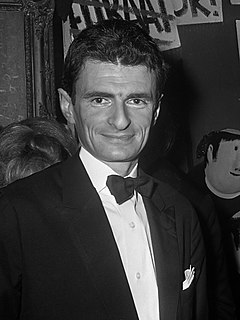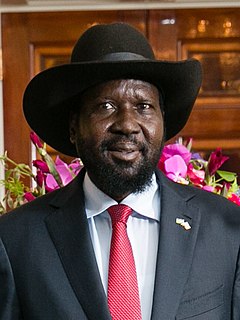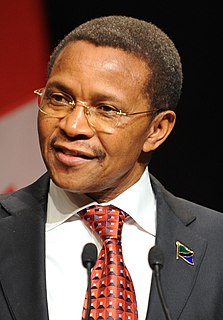A Quote by Michael Pollan
...think of agriculture as something the grasses did to people to conquer the trees.
Related Quotes
But the trees seemed to know me. They whispered among themselves and beckoned me nearer. And looking around, I noticed the other small trees and wild plants and grasses had sprung up under the protection of the trees we had placed there. The trees had multiplied! They were moving. In one small corner of the world, Grandfather's dream was coming true and the trees were moving again.
Women have an important role in agriculture. We need to introduce technology, which will help us harness the potential of women in agriculture. We need to divide the agriculture sector into three parts- regular farming, farming of trees and animal husbandry. If we are able to do this, the contribution of our women will increase even more.
For instance," said the boy again, "if Christmas trees were people and people were Christmas trees, we'd all be chopped down, put up in the living room, and covered in tinsel, while the trees opened our presents." "What does that have to do with it?" asked Milo. "Nothing at all," he answered, "but it's an interesting possibility, don't you think?
I think of Wangari Mathai in Kenya. If she started out saying she wanted to plant 20 million trees, she would have been laughed at. In fact, the foresters and the government did laugh at her. They said, "Villagers? Un-schooled villagers? Planting trees? No, no, no, it takes foresters." So she planted trees anyway.
I think people look at revolution too much in terms of power. I think revolution has to be seen more anthropologically, in terms of transitions from one mode of life to another. We have to see today in light of the transition, say, from hunting and gathering to agriculture, and from agriculture to industry, and from industry to post-industry. We're in an epoch transition.




































